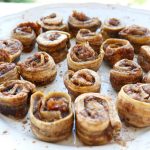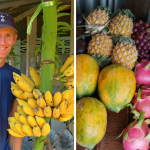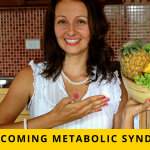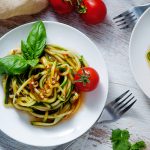The secret to having glowing skin is actually much simpler than you think. The solution to clear, healthy and glowing skin is not about using gimmicks, special products, powders or even botox injections. It’s to do with nutrition.
In this video, I explain more:
The US beauty and cosmetics industry, which is the biggest in the world and made over $60 billion in 2016, is a good example of how much value people place on how they look.
People will go to great lengths to look more appealing to the opposite sex and that includes using cosmetic surgery to attain a more youthful, glowing skin, which more and more people are now doing in a bid to defy the natural aging process.
Healthy Skin Diet Tips
Is there a natural way to help you look hot, feel great, boost your energy and protect you from ill health and disease?
Yes, there is! It’s the food that you eat on a daily basis.
Researchers from the St. Andrews University in Scotland and the University of Newcastle in Australia discovered that women who consume whole plant produce are healthier and have a more attractive glow to their skin than women who eat less or don’t eat any. (1)
They did an experiment where they monitored the diet of almost 220 women aged between 18 and 30 for nine months.
At the end of the period, taking fruits, vegetables or a combination of both, daily was associated with having healthier looking skin.
Another study was done on 35 students for a period of 6 weeks and it was discovered that eating 2 extra portions of fruits and vegetables a day created detectable skin color changes that made them look significantly more attractive. (2)
A study in Japan looked at the eyes of 700 women to rate the crow’s feet wrinkles around their eyes and they found that the women who had a higher intake of green and yellow vegetables which would of course include plenty of carotenoids, had decreased facial wrinkling. (3)
Healthy skin diet tips? the fruit-based and plant-powered approach! Your skin will soon start glowing in response to it!
Sources:
-
https://www.st-andrews.ac.uk/news/archive/2012/title,82727,en.php
-
http://journals.plos.org/plosone/article?id=10.1371/journal.pone.0032988
-
https://www.ncbi.nlm.nih.gov/pubmed/20085665








